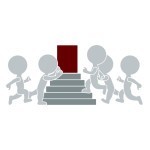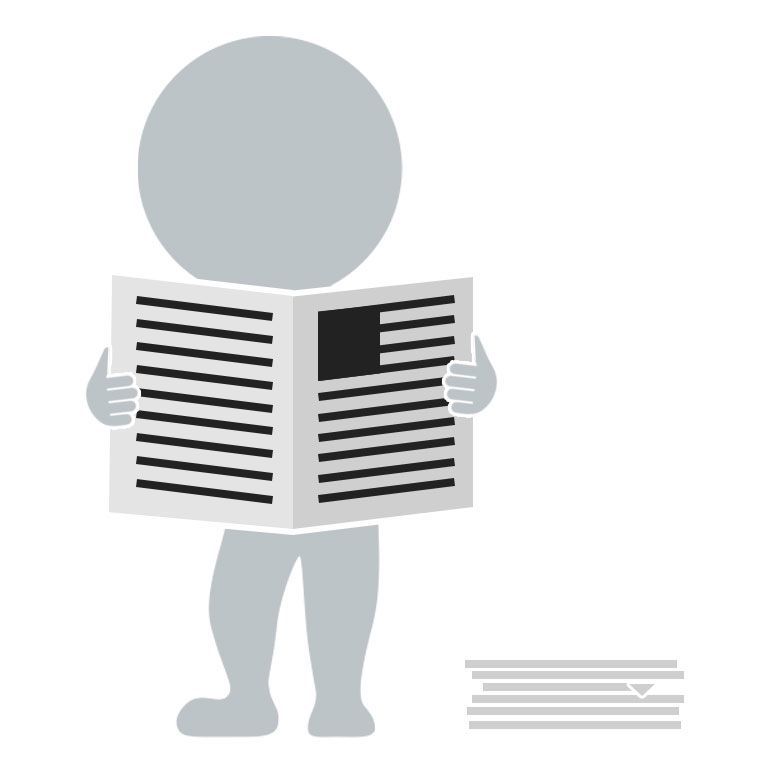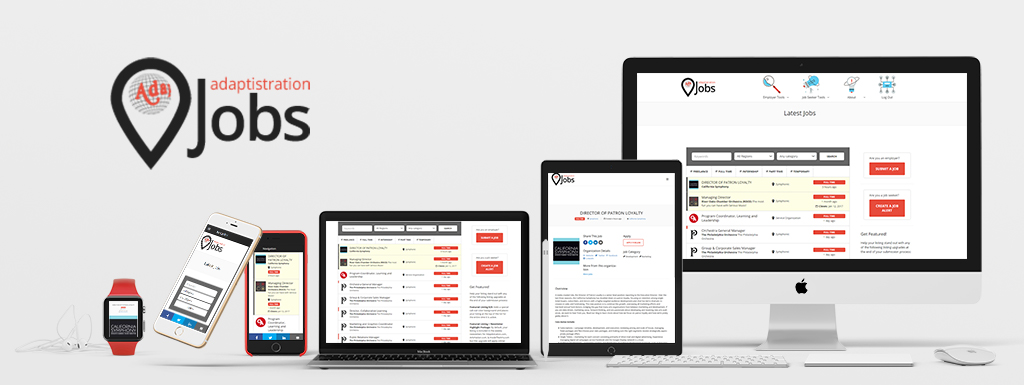The 6/29/09 edition of huffingtonpost.com published a piece by Kennedy Center for the Arts CEO, Michael Kaiser, that warns of the folly associated with reactive turtling strategies. It is gratifying to see someone else in the business stepping up and pointing out the need to stop panic driven decision making processes responsible for producing a wide variety of long term crippling strategic plans.
 We’ve been examining these very same issues since the onset of the economic downturn last fall (here, here, here, and here to name a few) but they all contain the same basic message: don’t make long term plans based on incomplete information. Kaiser’s article goes on to expand on another critical point we’ve been discussing: revenue over expense.
We’ve been examining these very same issues since the onset of the economic downturn last fall (here, here, here, and here to name a few) but they all contain the same basic message: don’t make long term plans based on incomplete information. Kaiser’s article goes on to expand on another critical point we’ve been discussing: revenue over expense.
“These approaches to dealing with the current recession all assume that cost is the underlying problem of the arts; conventional wisdom suggests that an arts organization can “save its way to health.”
But this is wrong, dangerously wrong.
Arts organizations across the world have a revenue problem, not a cost problem. We are a remarkably efficient industry, doing more with less. But we do not yet know how to create the revenue streams we need to do our work in a consistent manner.”
Kaiser points out that in order to enhance revenue performance, arts organizations need to remain true to core artistic values while simultaneously focusing on building your market. I simply can’t count the number of times I’ve written about how this business needs to focus more on creating the market instead of allowing the market to define itself based on nothing more than current ticket buying trends.
If you haven’t read Kaiser’s article, head over and give it a read. If you’re curious about exactly what Kaiser means when talking about creating “good art,” look no further than Matthew Guerrieri’s 2009 Take A Friend To Orchestra month contribution. If this doesn’t spell it out beyond a shadow of a doubt then you might want to look for a job in a different industry.
Frankly, we should all be tired of watching groups hobble themselves artistically and institutionally for years to come via panic driven decision making processes. It is time to stand up and push back.



While I understand the point he is trying to make, I think he argued one extreme with another extreme. He seems to suggest that arts orgs can simply market themselves out of a recession. I don’t think that’s a very realistic outlook.
The problems are more significant than just a 6% fundraising gap. Endowments are down, which causes long term problems, and you need to prepare for that.
Attendance is down too, so perhaps you have to make that up with marketing. But I suspect in this recession, the cost-benefit ratio of marketing tactics is significantly smaller. How much are you willing to invest and how much are you getting out of it?
And what does “work harder than ever to convey our message” really mean? It’s like athletes saying they have to give 110%. Is this really possible?
Panicking and reckless cutting is not good. But continuing like nothing happened and just adding some marketing dollars is not realistic in this recession either.
Interesting take on the piece Marc. I didn’t come away with the notion that arts groups can market themselves out of a recession as much as the negative impact of poor (i.e. panic driven) planning has on long term health.
Granted, this piece wasn’t as long as Kaiser’s other articles have been on this topic and he acknowledges in other articles that cuts may be the right thing to do but not in the way that many organization’s have been approaching the situation. To me, Kaiser’s approach is far more positive than the messages I hear elsewhere and certainly more in line with what I’ve been purporting (preaching?).
As for working harder, I perhaps interpreted that differently than you. I see it as working smarter. Just about everyone has been in a situation where fundamental changes in the approach to marketing is difficult to enact but even more so during periods of budget shortfalls – it only heightens change related anxiety. The negative impact is that orchestra end up trying to catch up by going slower.